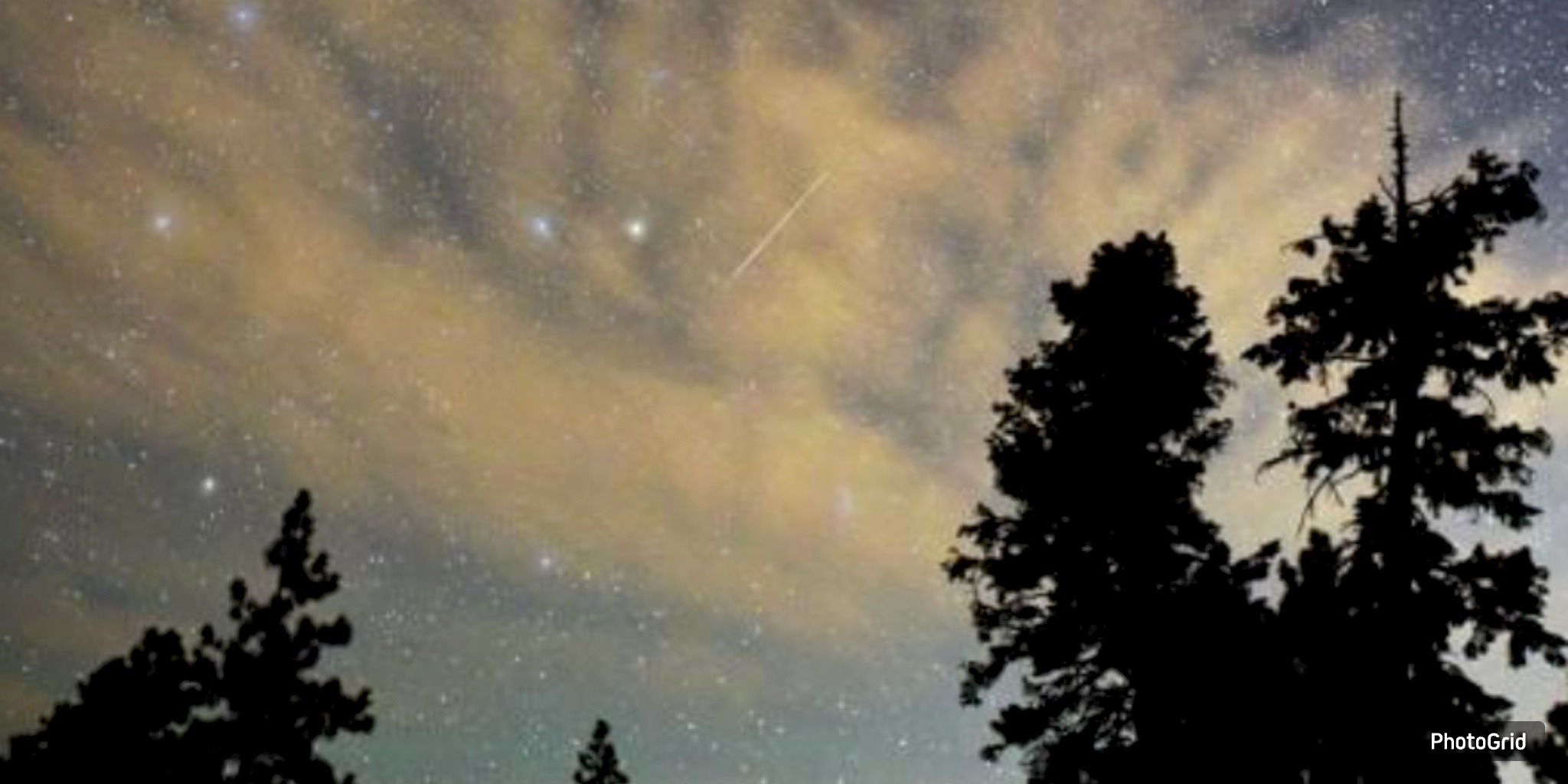Extreme heat and dazzling skies are in store for Texas this week, as temperatures push toward 100°F while two meteor showers simultaneously reach their peak Tuesday night.

Texas is set to experience extreme heat in the middle of the week, while those looking up will be rewarded with a unique spectacle in the evening sky. The Southern Delta Aquariid and Alpha Capricornid meteor showers are poised to reach their peak on Tuesday and Wednesday nights, promising a spectacular celestial show—provided you can withstand the heat and dodge the light pollution.
Tuesday and Wednesday are projected to be the peak temperatures of the week, with afternoon highs soaring into the upper 90s to nearly 100°F throughout much of the state. Meteorologists anticipate a similar heat wave to last week in the Houston area.
“While we may not be setting any records, the heat is severe,” stated Justin Ballard, a meteorologist for the Houston Chronicle. “Wednesday is set to bring another extreme heat event, with temperatures approaching 100 degrees and minimal cloud cover expected.”
The current weather situation is characterized by a high-pressure system over Texas, resulting in reduced rainfall and rising temperatures. Anticipation builds for a shift later in the week as the high moves eastward, allowing moisture to flow back in. This change is expected to bring increased chances of rain and a slight drop in temperatures, settling into the mid-to-low 90s.
Despite the high temperatures, we anticipate largely clear skies, providing an excellent opportunity to observe the meteor shower. The American Meteor Society has announced that the Southern Delta Aquariids and Alpha Capricornids will be active, potentially delivering up to 25 meteors per hour in total. The optimal time for viewing will be after midnight and into the early hours of Wednesday morning.
“The presence of cloud cover shouldn’t pose a significant obstacle,” Ballard remarked. “Expect lower humidity levels, which will provide a clearer view of the sky.” He noted, however, that light pollution in urban areas such as Houston could obstruct visibility. “For those truly passionate about observing the night sky, make your way to the more remote areas of Southeast Texas, where the darkness enhances the experience.”
Don't worry if you miss the event or the skies are cloudy; the Perseid meteor shower, the year's best, peaks on August 12.
As the night unfolds under ominous skies, stargazers can anticipate witnessing a spectacular display of 50 to 100 meteors each hour, featuring the dazzling fireballs that the Perseids are renowned for.
In the meantime, residents of Texas must navigate the challenges of heat safety while also seizing the chance to experience a stunning light display—all without the need for electricity.
.jpg)
Main Street Market Conroe will hold its final market Feb. 7 at 301 N. Thompson St., ending a nearly five-year run that supported more than 100 small businesses in downtown Conroe.
.jpg)
This opinion piece challenges the January 14, 2026, Montgomery County Republican Party steering committee minutes for emphasizing factionalism over coalition-building. It disputes efforts to marginalize local Republican women's groups and critiques police rhetoric. Montgomery County Republicans should prioritize unity, transparency, and voter engagement when choosing new leaders.
.jpg)
Montgomery County commissioners have approved moving forward on a $221 million extension of Old Conroe Road after the city of Conroe transferred the project to the county for $3.2 million. The 5.7-mile project will add a bridge over the West Fork of the San Jacinto River and Lake Creek to improve regional mobility.